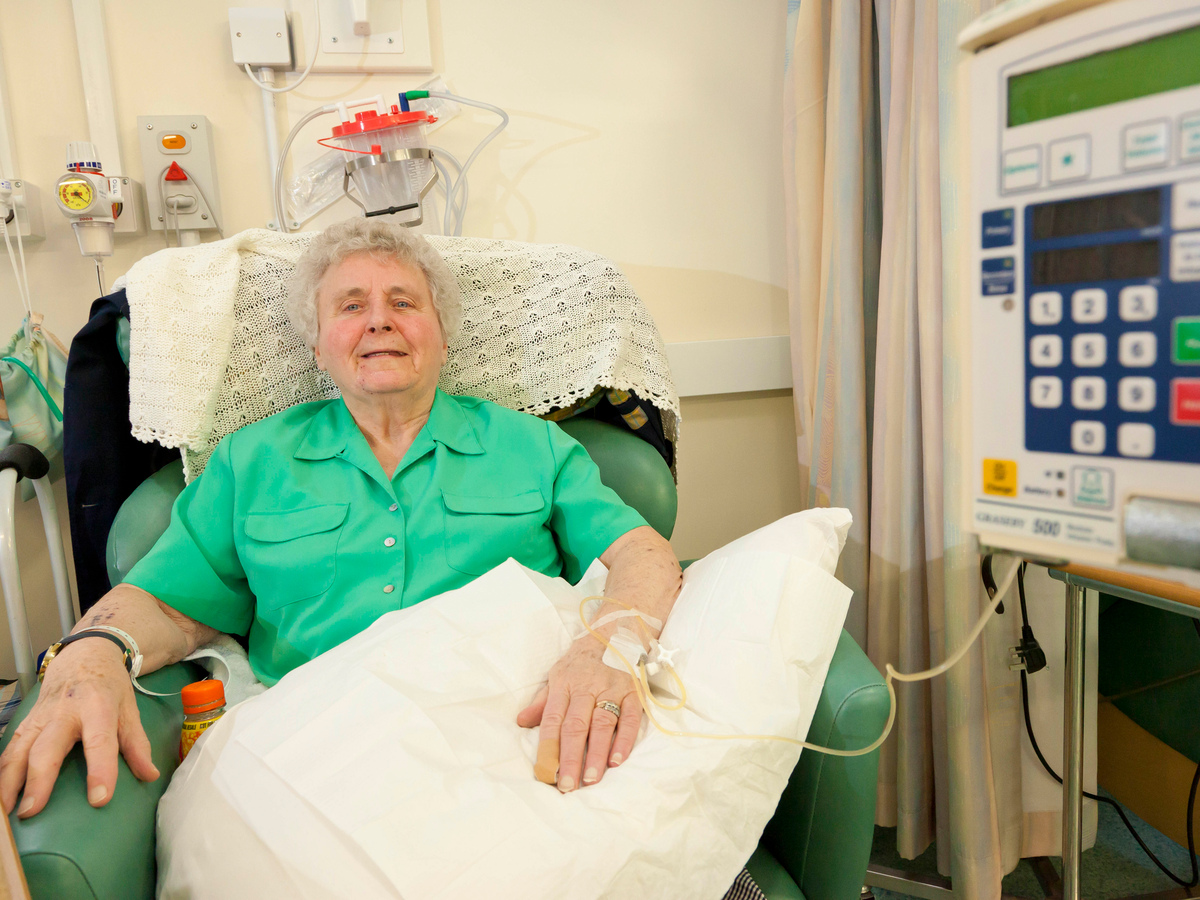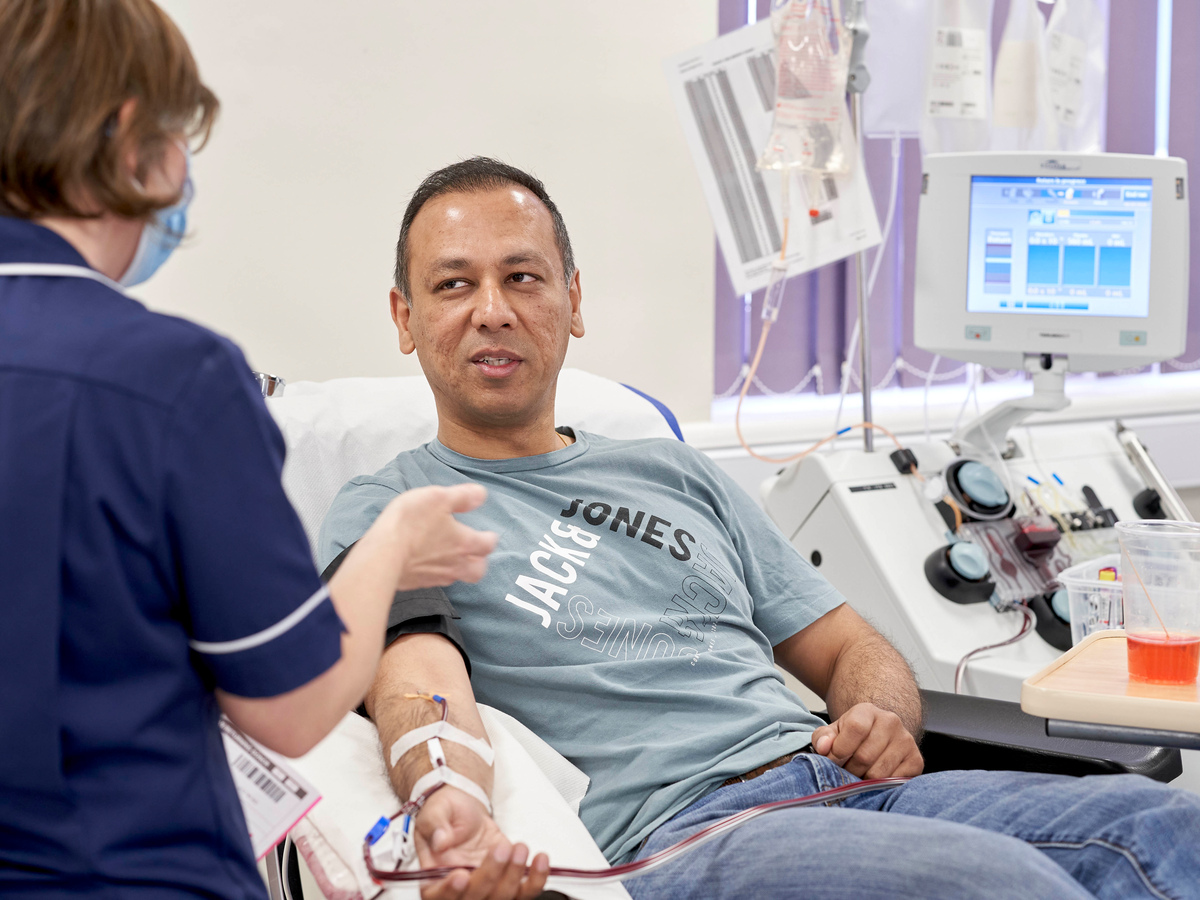Other lung treatment options
If a lung transplant is too risky, there are other options
Key points
- Not all patients with end-stage lung failure are suitable for lung transplantation
- Due to the risks involved, a lung transplant is only an option for carefully selected patients
- Treatments to control your symptoms may be your best option
- Talk to your lung doctor about the right treatment for you
Reasons why you might not be able to have a lung transplant
Common reasons why a lung transplant may not be the right treatment for you include:
- You are too ill or frail to cope with the surgery and aftercare
- You have recently had cancer, a serious infection, a heart attack or a stroke
- You may struggle taking the immunosuppressant medicines after a lung transplant
Other treatment options
Your lung doctor may feel that other treatment options may be safer.
 Treatments to control your symptoms
Treatments to control your symptoms
If you have other serious illnesses or are very frail, you and your family may decide to control the symptoms of lung failure. This may include different medicines, supportive care or lifestyle changes. Your lung team will be able to set up the right care plan for you.
Some patients need more than one type of transplant
 Combined transplants
Combined transplants
If you have other organs that are seriously diseased, you might need more than one type of organ transplant. Combined heart and lung transplants are most common, accounting for 3 in 100 lung transplants.
Discuss your options with your doctor
Speak to your lung team to find out what treatment is best for you.


